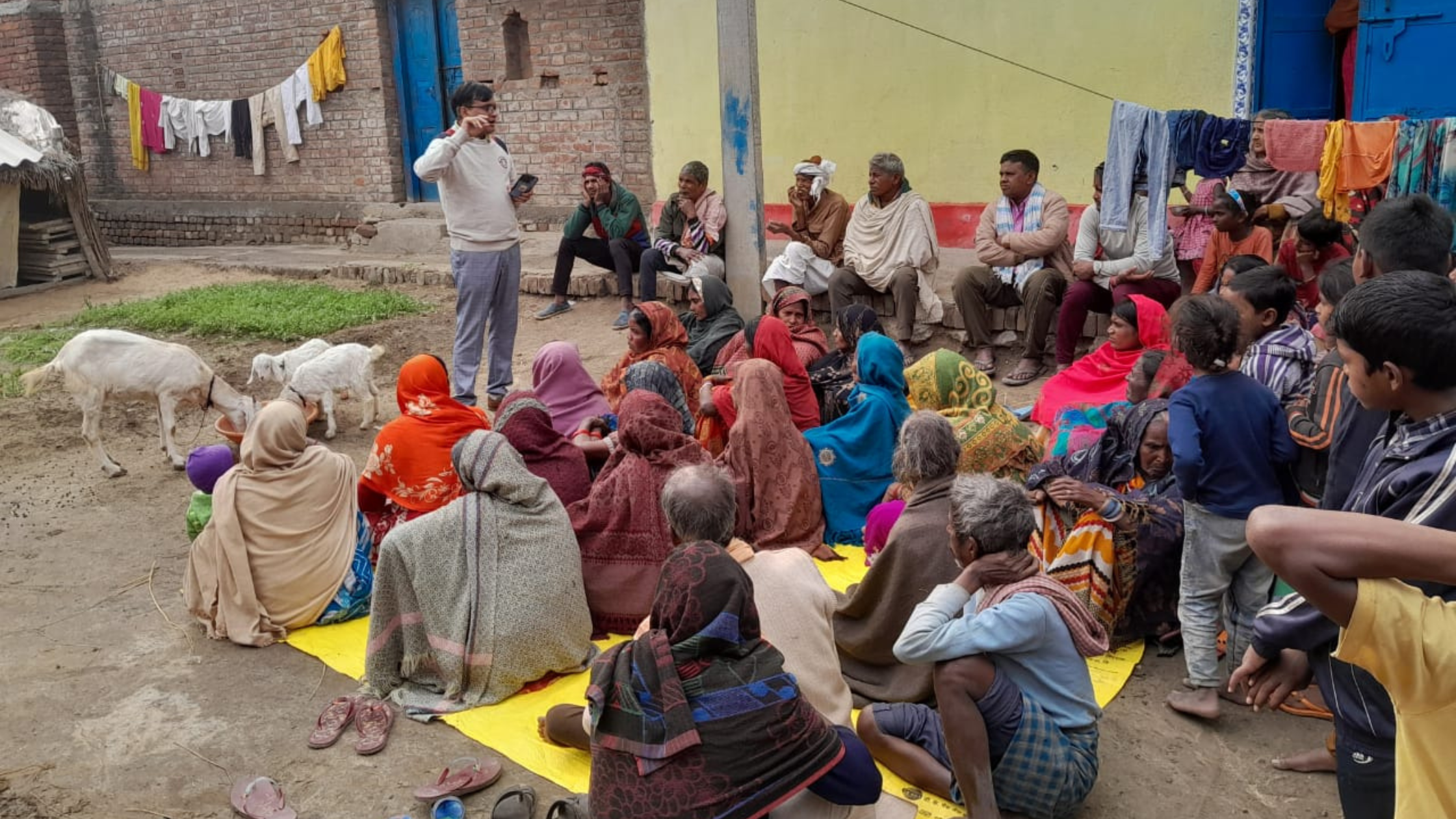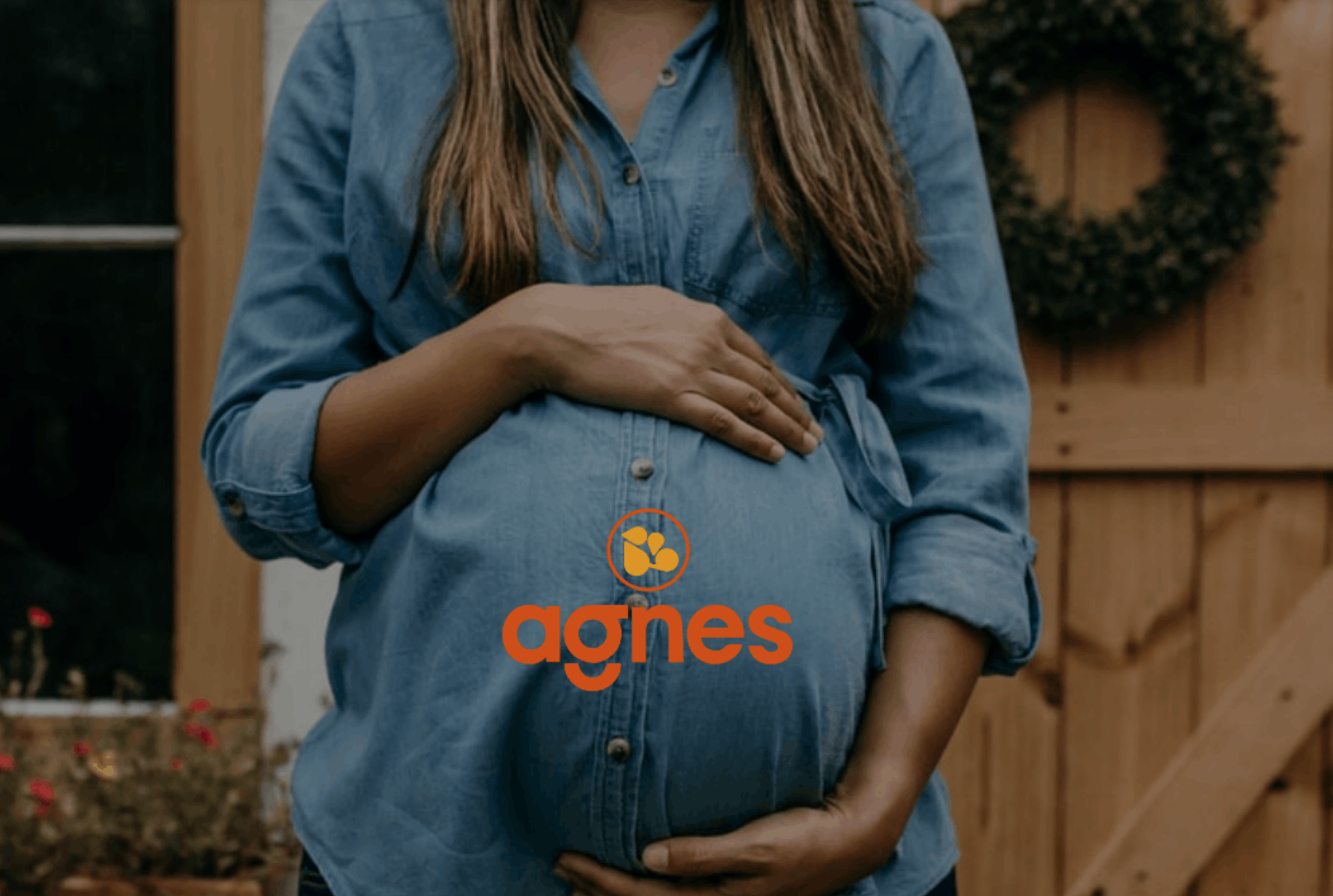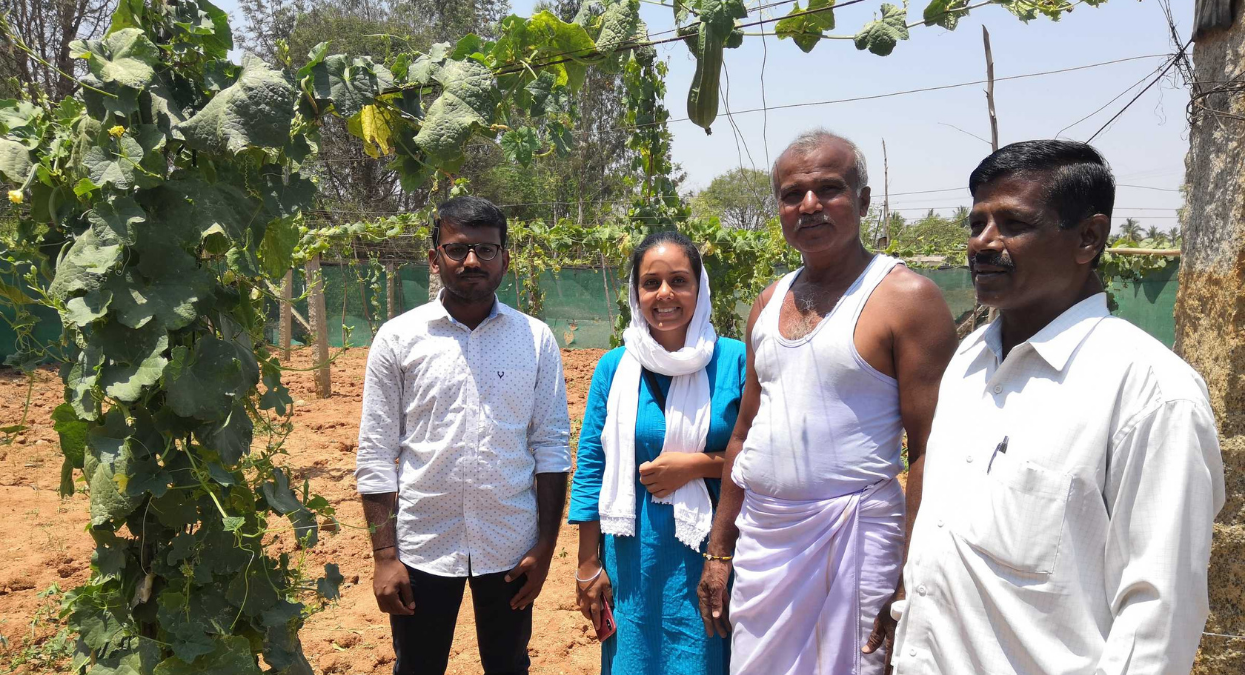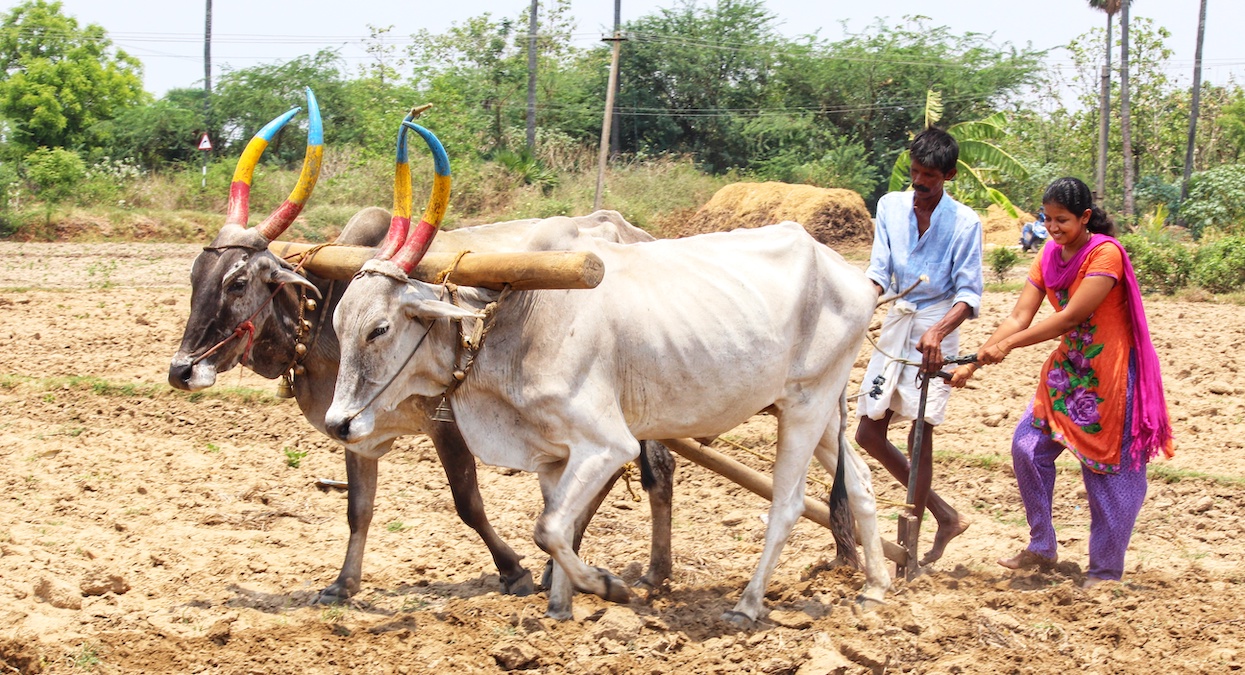Photo provided by Vinod Kumar Pandey
The Mijwan Welfare Society is a grassroots organization located in a village in Azamgadh, Uttar Pradesh. It has nine offices across the state and works with hundreds of villages today. The exponential growth and expansion of this 28-year-old organization happened within the past years. Instead of laying off people during the pandemic, it hired more people.
Vinod Pandey joined as the CEO of this organization in January 2020. Being raised in a small village in Bihar, Vinod experienced the challenges of migrants traveling cities searching for a better life and job opportunities. He lost his elder cousin when he was 12 years old. His cousin had migrated to Punjab looking for a livelihood and lived in the slums without healthcare.
Realizing the needs of the migrants like his elder cousin, he quit his job in the development sector and traveled back to India. While working with Mijwan, he realized that he was the only professional in the organization and that the rest of the team was from the community. This organization was missing a primary system structure for a functional NGO.
“I was confused if I should continue working in this organization or leave it. But, I decided to stay and improve it.”, says Vinod.

Photo provided by Vinod Kumar Pandey
He built the team and sparked a sense of ownership in them as the first step toward improvement. While working on this, a surge in COVID-19 patients in India led to a nationwide lockdown in March. Everything had to be closed. The biggest fear Vinod encountered with his staff was making sure they got paid.
His staff would call him and say, “Kaam nahi ho raha hai, salary to aayegi na?”
(“Without work getting done, will we get paid?”)
COVID-19 seemed like a crisis that would exist for longer. Vinod was trying to put out fires as they arose. He put the minds of his staff at rest by confirming that they would get paid, as he knew they had sufficient funds for the next few months. But this wasn’t it. He also saw that he had to keep the organization functional and support the staff and the community’s health and well-being. He got the support of his board members and started working on the need of the hour- providing food to the migrants in the community. He worked with his team on-site with proper precautions the started distributing dry rations to migrant workers in the community.
The team started trusting Vinod as a part of the community and as a person willing to do the hard work along with them.
The success of this ration drive helped build a base for the model of Rozgar Dhaba to support migrant workers that were left stranded to fend for themselves without a livelihood during COVID-19. Rozgar Dhaba is a community information center that informs migrant workers about different government welfare schemes and safe livelihood opportunities. Vinod had worked on a similar model before and knew that this would help migrant workers. They helped correct essential documentation so that migrant workers could avail themselves of government schemes. Rozgar Dhaba received some resistance from people initially. Eventually, people realized its benefits it grew exponentially.
This led to an increase in funding. Mijwan Welfare Society had to look professional as it was a 28-year-old organization. Since the Covid-19 lockdown led to digitization, there was a need for transparency between the organization and the donors.
The next step to grow the organization was to update its website. The updated website showcased their campaigns on it. There was a flood of donors when they shared their daily work on social media.




